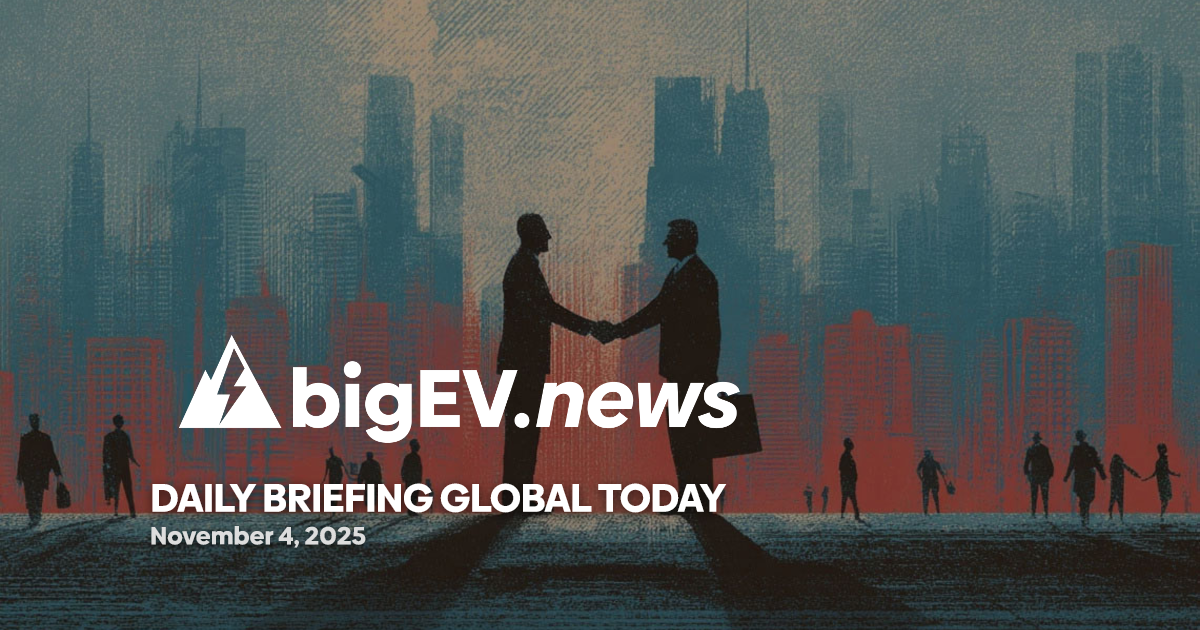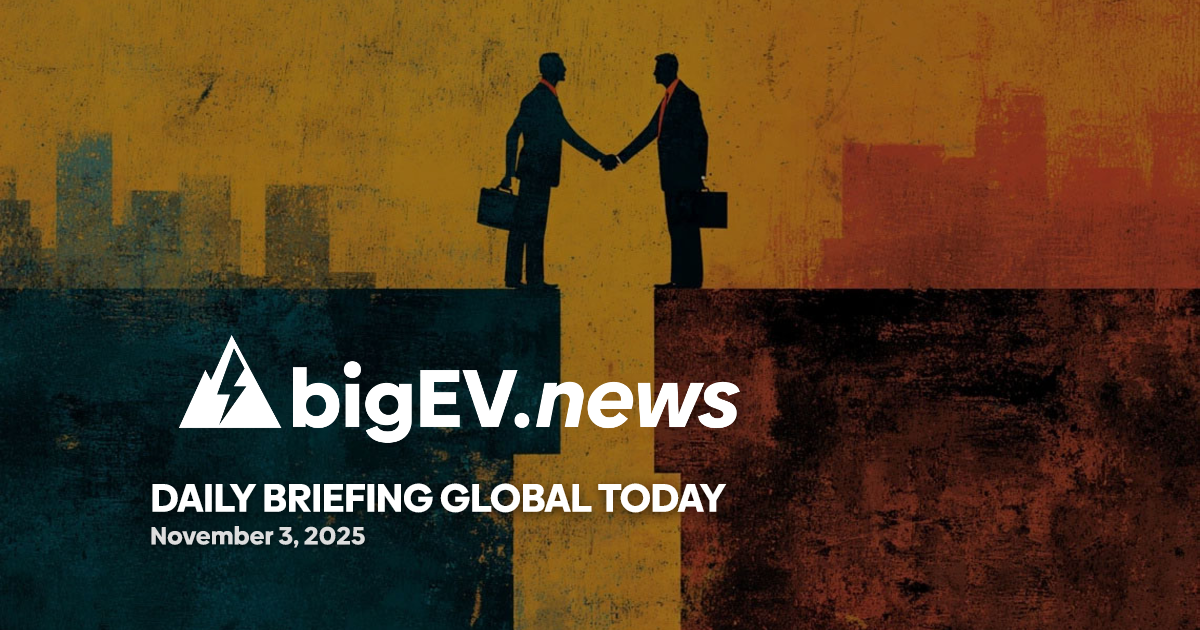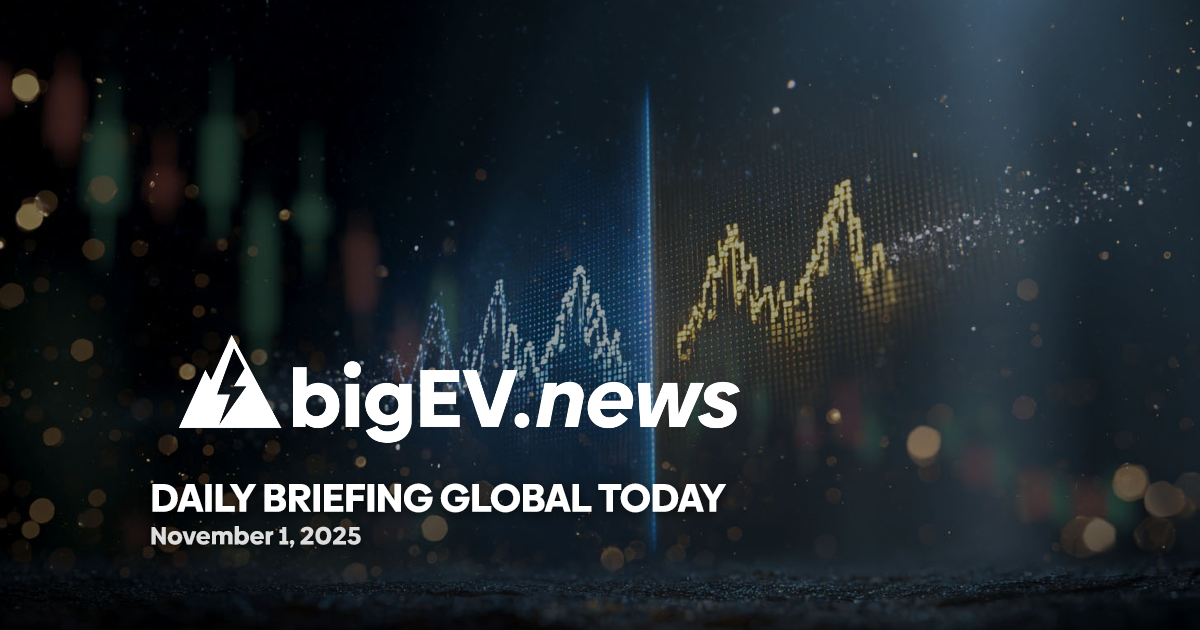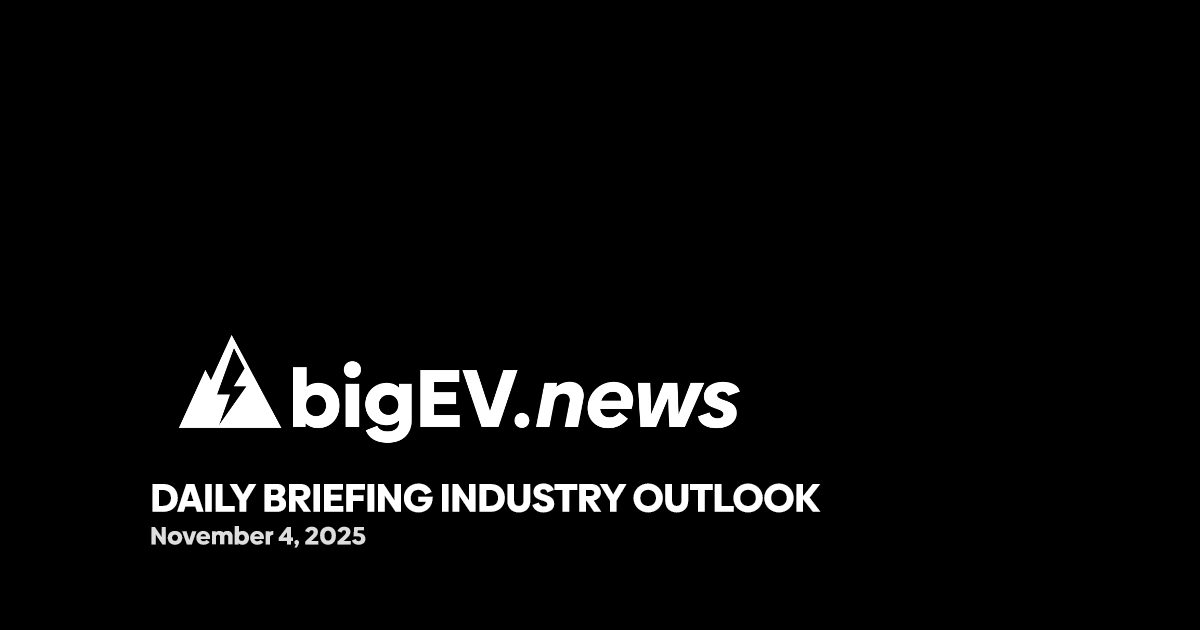Clean technology, AI-driven energy, and advanced mobility sectors drive market optimism as new investments, product launches, and regulatory shifts redefine industry momentum.
At a glance – The past 24 hours have seen the global clean technology market maintain its robust growth trajectory, with sector-wide expansion fueled by surging investments, new product launches, and evolving regulatory frameworks. Asia Pacific continues to dominate, accounting for over 50% of global revenue, with India projected to lead growth rates through 2030. The renewable energy segment, particularly solar and wind, remains the largest contributor, representing more than 62% of global clean tech revenues. Notably, declining costs in solar and wind, coupled with rapid advancements in battery storage and hydrogen technologies, are accelerating adoption across industrial and consumer markets. The sector’s overall market size is estimated at $916.2 billion in 2024, with forecasts reaching $1,844.7 billion by 2030, reflecting a compound annual growth rate of 12.7%. Major players such as Adani Group, Canadian Solar, Enel Spa, General Electric, and Vestas are actively expanding operations, while the US and China continue to lead patent filings and grant activity, signaling ongoing innovation and competitive intensity.
Technology advance – In a major technological release, Siemens Energy unveiled its new Silyzer 300 electrolyzer in Berlin, designed to scale green hydrogen production for industrial applications. The Silyzer 300, launched on September 24, 2025, features modular stacks capable of delivering up to 24 MW per unit, enabling flexible deployment for grid-scale and distributed energy projects. This innovation is expected to lower the cost of hydrogen production and support decarbonization efforts in heavy industry and transportation. Meanwhile, Tesla announced a breakthrough in its 4680 battery cell technology, with improved energy density and faster charging capabilities, set to be integrated into its Model Y and Semi vehicles by Q4 2025. In the AI sector, Google DeepMind released its new GridAI platform, which leverages machine learning to optimize real-time grid balancing and renewable integration, already piloted with National Grid UK and showing a 15% improvement in grid efficiency during initial trials.
Partnerships – September 24 saw the announcement of a strategic alliance between Ørsted and Maersk to develop offshore wind-powered green ammonia production facilities in Denmark, targeting maritime fuel supply for Maersk’s fleet. The partnership aims to deliver 500,000 tons of green ammonia annually by 2028, supporting Maersk’s goal to achieve net-zero emissions across its shipping operations. In the electric transportation sector, Rivian and DHL launched a joint venture to deploy 10,000 electric delivery vans across Europe by 2026, with the first fleet entering service in Germany next month. On the marine technology front, ABB and Wärtsilä signed a memorandum of understanding to co-develop hybrid electric propulsion systems for commercial vessels, focusing on reducing fuel consumption and emissions in short-sea shipping routes.
Acquisitions/expansions – Schneider Electric finalized its $2.1 billion acquisition of Fluence Energy’s grid-scale battery storage division, expanding its portfolio in energy storage and grid modernization. The deal, completed on September 24, positions Schneider Electric as a global leader in integrated energy management solutions, with plans to deploy Fluence’s advanced storage systems in North America and Europe. In the EVTOL and advanced air mobility sector, Joby Aviation announced the opening of its new manufacturing facility in Dayton, Ohio, with a projected annual output of 500 electric air taxis by 2027. The expansion is supported by $180 million in state and federal incentives, and is expected to create 1,200 jobs. Meanwhile, Enphase Energy revealed plans to double its microinverter production capacity in India, responding to surging demand for distributed solar solutions in the region.
Regulatory/policy – The US Department of Energy issued new guidelines for distributed energy resource interconnection, streamlining permitting and grid access for solar, storage, and microgrid projects. The policy, released September 24, is expected to reduce project timelines by up to 30% and lower costs for developers. In Europe, the European Commission approved a €1.5 billion subsidy program for offshore wind expansion in the North Sea, with funding allocated to projects led by Siemens Gamesa and Vestas. China’s Ministry of Industry and Information Technology announced new standards for high-efficiency motors used in electric vehicles and industrial automation, aiming to improve energy efficiency and reduce carbon emissions. The US International Trade Commission imposed new tariffs on imported lithium-ion batteries from select Asian manufacturers, citing unfair trade practices and aiming to bolster domestic production.
Finance/business – Global financial markets responded positively to the sector’s developments, with the S&P Global Clean Energy Index rising 2.3% in pre-market trading. UBS and BNP Paribas led a $500 million funding round for Circle8, a US-based startup specializing in plastic waste collection and recycling technologies. The European Investment Bank approved a €400 million loan to Proon-Tech for reforestation and tree management projects in Germany and Poland. On the earnings front, NextEra Energy Resources reported a 12% year-over-year increase in Q3 revenues, driven by expanded solar and wind capacity in Texas and Florida. Investor sentiment remains bullish, with cleantech startups attracting over 4,200 funding rounds in the past year and average investments reaching $26.3 million per round. Raw material prices for lithium and cobalt stabilized after recent volatility, while consumer confidence in electric vehicles and renewable energy solutions continues to strengthen, supported by favorable policy and technological advances.
Sources: Grand View Research, Deloitte Insights, StartUs Insights, Siemens Energy, Tesla, Google DeepMind, Ørsted, Maersk, Rivian, DHL, ABB, Wärtsilä, Schneider Electric, Fluence Energy, Joby Aviation, Enphase Energy, US Department of Energy, European Commission, China Ministry of Industry and Information Technology, US International Trade Commission, S&P Global, UBS, BNP Paribas, European Investment Bank, NextEra Energy Resources.








